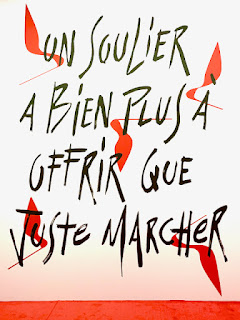 I was drawn to Heart of Darkness by the praise of a few academic fans. The book often appears in the English literary canon and I can see why it continues to be set reading for literature courses; it doubtless provokes much discussion.
I was drawn to Heart of Darkness by the praise of a few academic fans. The book often appears in the English literary canon and I can see why it continues to be set reading for literature courses; it doubtless provokes much discussion.
The story concerns Charles Marlow, who relates his experiences in the African Congo, where imperialist traders sent "manufactured goods, rubbishy cottons, beads, and brass-wire... into the depths of darkness, and in return came a precious trickle of ivory". The depths of darkness relate not only to the unknown, unexplored lands beyond the sea shore, but also to the inhumanity that late 19th century traders expected to find there, as well as that of the traders themselves.
As Marlow journeys upriver he hears of a Mr Kurtz, a trader who is both respected and despised, and about whom he says, "All Europe contributed to the making of Kurtz". In order to reach this enigmatic man, Marlow suffers much misfortune, adventure and horror. For all the vivid descriptions of the journey, the most memorable scene takes place in England, near the end of the book, when Marlow visits Kurtz's fiancee.
Modern-day readers might find Conrad's language in relation to indigenous people shocking and problematic. The book plays on a stereotypical view of foreign cultures and races as primitive and barbaric, and while the author portrays white traders as savages too, they don't quite balance out. It stands as a historic record of the xenophobia that existed at the time of its writing.
The text is dense, and the language lush. Amazingly, Conrad was not a natural-born English speaker, and I dare say this is another reason his work continues to be read and analysed. TS Eliot was inspired by Heart of Darkness, and Francis Ford Coppola adapted it for his film Apocalypse Now. For myself, I was left with only my own thoughts and a few online critical reviews with which to compare them.





